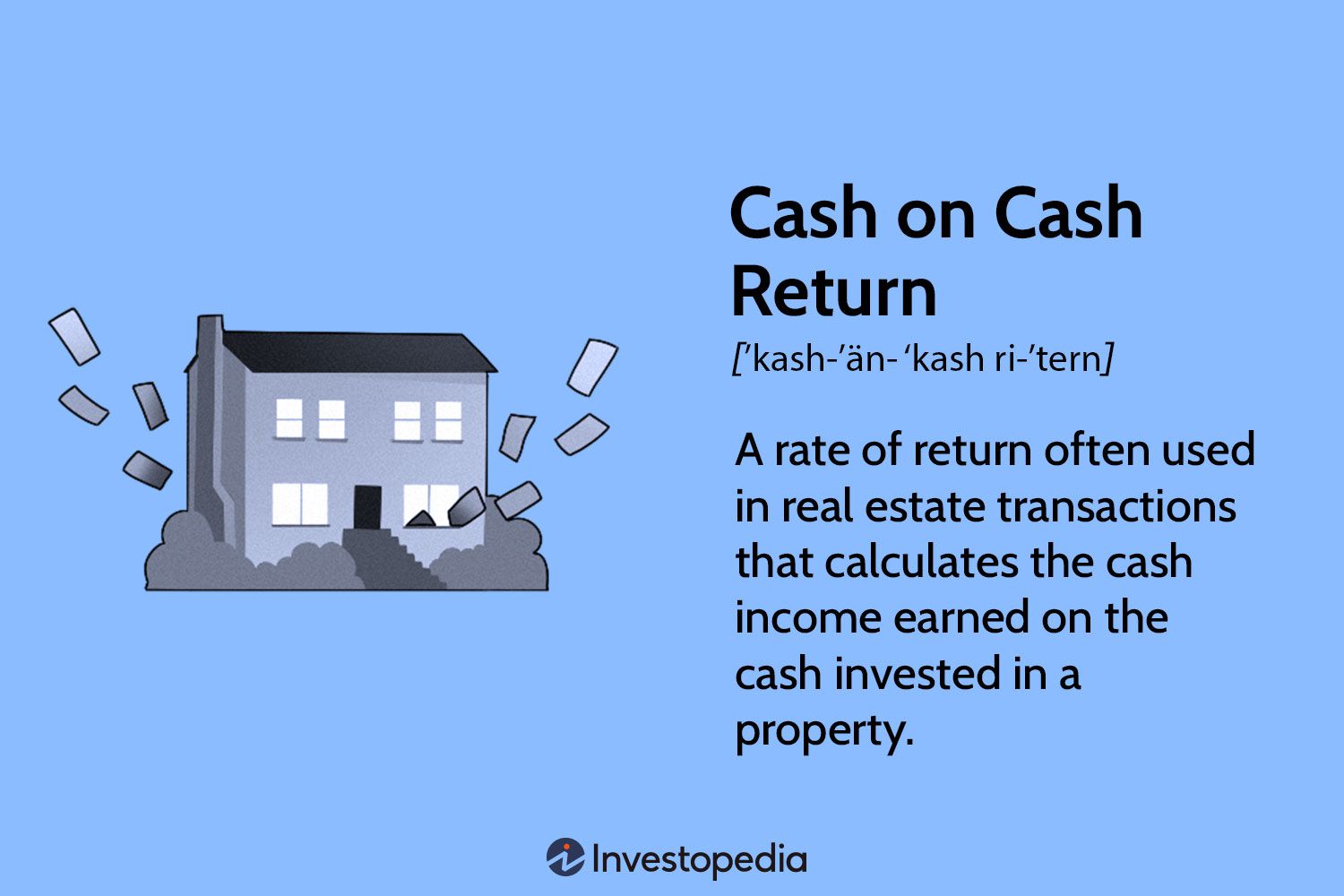Do Returns Count as Income?
Introduction
When it comes to managing your finances, understanding what counts as income is crucial. Many people wonder if returns from investments, such as stocks or bonds, should be considered as income for tax and budgeting purposes. In this article, we’ll explore whether returns count as income and the implications this has on your financial planning.
What Are Returns?
Before delving into whether returns count as income, it’s essential to understand what returns are. Returns are the profits or gains generated from investments. These investments can include stocks, bonds, real estate, mutual funds, and various other financial assets. Returns can be in the form of capital gains, dividends, interest, or rental income.
Types of Returns
To determine whether returns count as income, let’s break down the different types of returns:
1. Capital Gains
Capital gains are profits made from selling an investment, such as stocks or real estate, at a price higher than the purchase price. There are two categories of capital gains: short-term and long-term. Short-term capital gains typically occur on investments held for less than a year, while long-term capital gains are generated from investments held for over a year.
2. Dividends
Dividends are payments made by corporations to their shareholders. They represent a portion of the company’s profits distributed to shareholders. Dividends can be in the form of cash or additional shares of stock.
3. Interest Income
Interest income is earned from investments in bonds, savings accounts, or certificates of deposit (CDs). It’s essentially the amount you receive for lending your money to a financial institution or the government.
4. Rental Income
Rental income is generated from owning and leasing real estate properties. This income comes from tenants who pay rent to the property owner.
Do Returns Count as Income for Tax Purposes?
The tax treatment of returns can vary depending on the type of returns and your individual tax situation. Here’s how returns are typically treated for tax purposes:

Do returns count as income?
Capital Gains
In most tax jurisdictions, capital gains are subject to taxation. The tax rate you’ll pay on capital gains depends on various factors, including the duration you held the investment and your overall income. Short-term capital gains are often taxed at a higher rate than long-term gains. However, there are tax benefits and deductions available for long-term capital gains in some cases.
Dividends
Dividend income is also subject to taxation. The tax rate on dividends may vary based on factors such as your income and whether the dividends are considered qualified or non-qualified. Qualified dividends are typically taxed at a lower rate than non-qualified dividends.
Interest Income
Interest income is generally taxable. The interest you earn from bonds, savings accounts, or CDs is considered taxable income. The tax rate on interest income depends on your overall income and the prevailing tax laws in your jurisdiction.
Rental Income
Rental income is generally considered taxable income. If you earn rental income from properties you own, you will need to report it on your tax return. You can deduct certain expenses related to property ownership, such as maintenance and mortgage interest, to reduce your taxable rental income.
Budgeting and Returns
While returns are considered income for tax purposes, how you incorporate them into your budget may vary. When creating a budget, you have the option to include returns as income, but it’s important to distinguish between the various types of returns.
Including Returns in Your Budget
If you rely on returns as a significant source of income, it’s wise to include them in your budget. This ensures you have a clear picture of your financial resources. Be sure to account for taxes on returns when budgeting, as they can impact your overall financial health.
Diversifying Your Income Sources
To avoid over-reliance on returns, consider diversifying your income sources. Relying solely on returns from investments can be risky, as the value of investments can fluctuate. Having multiple streams of income can provide stability and reduce financial stress.
The Importance of Tax Planning
Given that returns are subject to taxation, tax planning is crucial. Proper tax planning can help you minimize your tax liability and make the most of your investment returns. Here are some tax planning strategies to consider:
Tax-Efficient Investing
Opt for tax-efficient investment strategies, such as holding investments for the long term to benefit from lower capital gains tax rates. You can also consider tax-advantaged accounts like Individual Retirement Accounts (IRAs) and 401(k)s, which offer tax benefits.

Tax-Loss Harvesting
Tax-loss harvesting involves selling investments that have incurred losses to offset capital gains. This can help reduce your overall tax liability.
Seek Professional Advice
Consult with a financial advisor or tax professional to develop a tax-efficient investment and income strategy. They can help you navigate the complexities of tax laws and ensure you make the most of your returns.
Conclusion
In summary, returns from investments do count as income for tax purposes. The treatment of these returns varies depending on the type of income and your individual financial situation. It’s essential to include returns in your budget, considering the tax implications. Additionally, diversifying your income sources and practicing effective tax planning can help you make the most of your returns while minimizing your tax liability. Always consult with a financial advisor or tax professional to ensure you’re making informed financial decisions based on your unique circumstances. Understanding the nuances of returns and income is key to managing your finances effectively.
